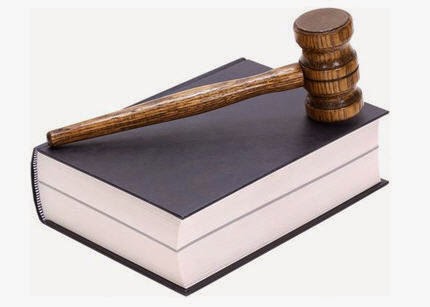The executor is a professional who is chosen by the deceased to execute the provisions of the will of their estate. A family member, accountant or a probate is authorized by the deceased having a great deal of trust and confidence in them to administrate. In Texas it is not enough to be named the executor in a will; you must be appointed to the position by a court. The administration of an estate could sometimes take up to nine months or more based on the assets in the estate. The suitable procedures need to be followed to avoid any litigation for the family members, and there is a reason to feel pressured to distribute as soon as possible.
 Responsibilities of an Executor in Texas
Responsibilities of an Executor in Texas
Once appointed as the executor of a will in Texas, he is subjected to numerous legal obligations. The principal responsibilities of the executor of a will in Texas comprise of the following:
- To ascertain the identity and address of each beneficiary and send notice to each of them.
- Creditors are to be notified.
- Determine and collect all the assets of the deceased and present a comprehensive inventory of the estate to the court
- Safeguarding and administer the assets of Departed.
- Verify and conclusively settle all the claims of the creditors against the estate.
- Paying the taxes due of the deceased.
- Ascertain the rightful person eligible to the remaining estate
- Terminating the estate.
- Dispensing the left over assets to those denominated under the terms of the will.
FILE AND PAY TAXES
It is required by the IRS that an executor has to file their final tax return for the period beginning Jan 1st of the current year up to the date of death. Form 1040 needs to be used for filing return reporting any income gained by the estate during the period from date of death to the date when estate closes. If the gross value of the estate is or exceeds $5,340,000 then the filing of return is to be done through the IRS form 706 to the United States estate tax return and also the Texas inheritance Tax return by paying the required taxes.
Inability to execute the Duties of the Executor of a Will
In Texas, an executor has many legal obligations. The executor has to abide by the law while executing their duties on behalf of the deceased and their estate. The executor without getting emotional or biased should honor the details of the will irrespective of their inclination towards the beneficiaries. Concealing, mishandling assets or delaying the repayments to both the beneficiaries and the creditors will attract fiduciary litigation for the executor.
In the event of you being appointed the executor of a will in Texas, Your priority should be to identify a suitable and experienced Hodge probate attorney, consult with them. A good probate will offer unbiased and helpful advice and appraise of the responsibilities under the law and your commitments to the estate. They will provide advice so that filing of paperwork and repayment towards liabilities is all taken care of in a timely manner. They will also help you with Probate Administration, Probate litigation, Guardianship and estate planning. If you are looking for an executor, contact us today!